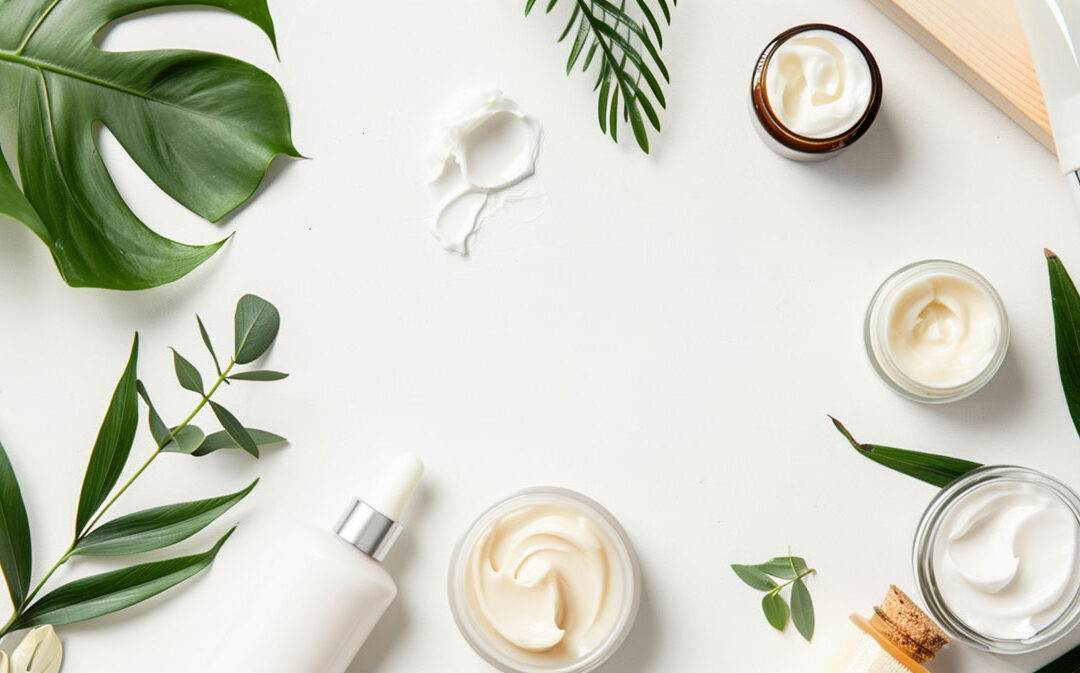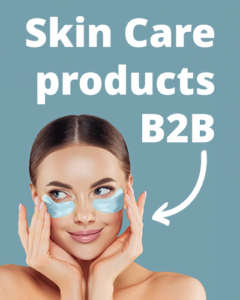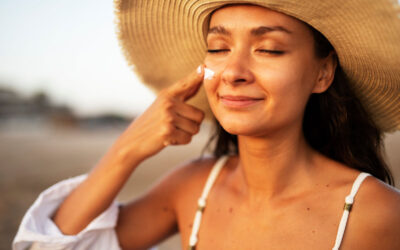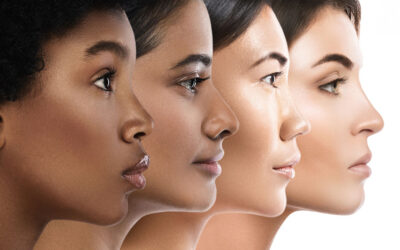Your skin is not only the largest organ in your body; it is also the hardest-working organ in your body. It forms a protective barrier between you and the outside, shielding you from pathogens, ultraviolet light, extreme weather, dehydration, and other hazards of living. It expels toxins, helps maintain your body temperature, and supports your sense of touch. A healthy body needs healthy skin, and a healthy lifestyle is key to supporting healthy skin.
However, sometimes your skin needs more than a good diet, exercise, and an all-purpose moisturizer to look and function well. If your skin is not the best it could be, you might want to think about using all-natural, targeted effective skincare ingredients to correct the problem.
Dry skin
Dry skin is a very common problem. Heating and cooling systems dry out the air, which sucks the moisture right out of your skin. One of the best skincare ingredients for dry skin is hyaluronic acid. It is a natural compound produced in abundance in young skin. As people mature, their skin produces increasingly less hyaluronic acid.
Hyaluronic acid has the amazing ability to bind to 1000 times its weight of water. When applied topically, hyaluronic acid enters the skin and pulls water molecules into the skin with it, hydrating, firming, and plumping.
When using hyaluronic acid as a skincare ingredient, it is important to consider its molecular form. For it to penetrate the skin, it has to have a low molecular weight and be single-stranded (not cross-linked). Hydrolyzed hyaluronic acid and sodium hyaluronate are two of the most highly effective topical use forms of this molecule.
Hyaluronic acid is most effective as a moisturizer when it is applied in combination with an agent that seals water into the skin, such as shea butter or jojoba oil. Jojoba oil, an all-natural wax, is very similar to human sebum and creates a natural moisture barrier when applied to the skin.
Fine lines
Fine lines are caused by time and exposure to sunlight. Although nothing can reverse the effects of age and sunlight exposure in the past, retinol can significantly improve the appearance of fine lines. Retinol is often described as one of the most essential skincare ingredients.
The term “retinoids” refers to a class of compounds related to vitamin A, sometimes also referred to as carotenoids. In the body, these compounds are converted into retinoic acid, which binds to receptors in cells and changes the expression pattern of genes in those cells. In the adult skin, retinoic acid triggers rejuvenation and growth. Old skin cells are shed and new ones are produced.
Skin treated with retinoid compounds will gradually, over a few weeks to months, look plumper, smoother, and younger. Fine lines will become less obvious and some may even fade away.
The most potent retinoid you can apply to your skin is tretinoin, which is trans-retinoic acid. It does not have to be metabolized to start affecting skin cells. However, it can be very irritating and is usually reserved for treating severe teenage acne.
As an anti-wrinkle agent, retinol is the most potent retinoid molecule in common use. When applied topically, it is absorbed and slowly transformed into the active retinoic acid form inside the skin cells, which reduces its irritating effect. It is commonly applied at 0.1% to 0.3% in a cream or serum carrier. Other retinoid compounds are sometimes included in skincare products, but they are less effective than the retinol form.
Retinol can cause some irritation of the skin. Applying soothing aloe vera can relieve these symptoms and enhance the effectiveness of retinol in reducing the appearance of fine lines.
Because retinol can increase the skin’s sensitivity to sunlight, it is vital to wear sunscreens, hats, and sunglasses while using it or it may actually worsen your appearance by inducing the production of new lines, wrinkles, and dark spots. Green tea extract is a powerful antioxidant that can help protect the skin against the adverse effects of sunlight. It may even help prevent skin cancer.
Acne
Acne in adult women is a rather different condition than the type that afflicts teenagers. In adults, acne is usually caused by a combination of clogged pores and bacterial activity. Harsh anti-acne medication designed to treat teenagers is not your best option for treating adult acne. Instead, consider an anti-acne product with gentle, natural skincare ingredients, such as tea tree oil.
Tea tree oil is an essential oil extracted from the leaves of a small tree native to Australia. Tea tree oil is noted for having antibacterial effects and it promotes skin healing. When applied to the skin, it kills the bacteria that cause acne and encourages the damaged areas to heal faster.
If you have oily skin and acne, adding a skincare product with niacinamide can be helpful. Topical niacinamide reduces oil production in the skin. When taken orally, niacinamide is referred to as vitamin B3. It is abundant in leafy greens.
Discoloration and dark spots
Areas of skin discoloration and dark spots are a side effect of sun exposure. They are caused by abnormal accumulation of the pigment melanin. One of the best ways to fade away these spots is topical vitamin C.
In addition to its well-known antioxidant properties, vitamin C can also inhibit the production of melanin. Regular application of skincare products that contain vitamin C can fade dark spots and improve the overall clarity of the complexion.
The benefits of skincare ingredients require regular, daily use. Other than moisturizers, which have an immediate effect, all common skincare ingredients have a gradual, cumulative effect that develops slowly over time. Remember to follow the instructions for each product carefully for the best results.








